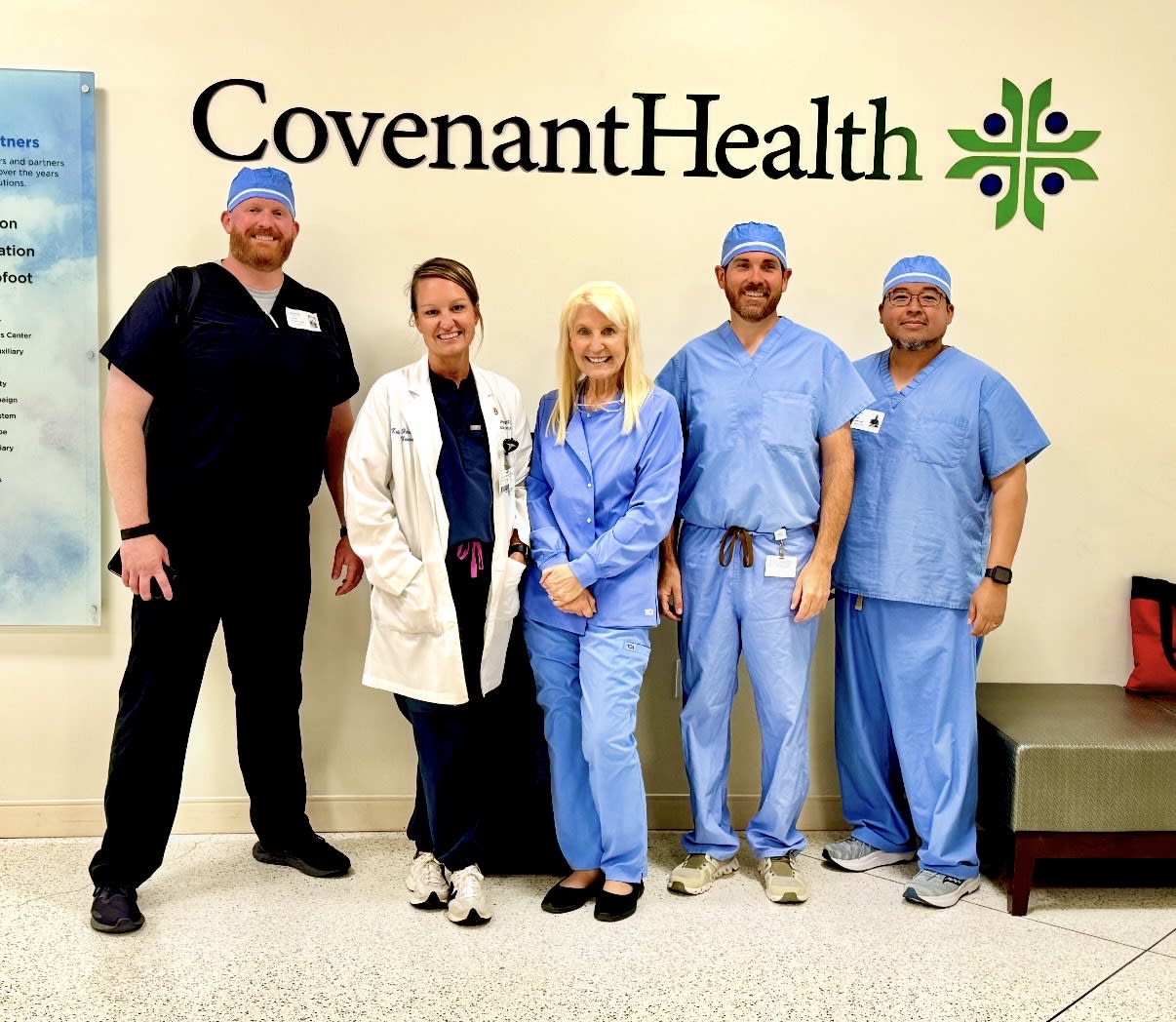Neuroimmunology Diseases
We understand that being diagnosed with a neuroimmunological disorder can be life changing. We provide compassionate treatment and support services to help you maximize your independence and live life to the fullest.
Why Choose Us for Neuroimmunology Care?
Thousands of neuroimmunology patients trust us every year to guide them on their care journey. Here’s why.
More About Neuroimmunological Disorders
When you have a neuroimmunological disorder, your immune system attacks itself and causes damage to your brain, spinal cord or optic nerves. This can lead to symptoms like blurry vision or difficulty moving your arms and legs. Symptoms can differ for each patient and may come on suddenly or over time. While there is no cure for these disorders, treatment helps manage symptoms and can prevent future nerve damage.
Types of neuroimmunological disorders we treat include:
- Autoimmune encephalitis
- Multiple sclerosis (MS)
- MOG antibody disease (MOGAD)
- Neuromyelitis optica
- Neurosarcoidosis
Testing and Diagnostics

Your neurological team will use the most advanced methods to diagnose your neuroimmunological condition. These may include one or more of the following:
- Blood test
- Evoked potential tests
- Lumbar puncture (spinal tap)
- Medical history
- MRI
- Physical examination
Treatment for Neuroimmunological Disorders
There are many immune-related conditions that can affect various parts of the central and peripheral nervous system, and symptoms can vary from patient to patient. That’s why your care team works closely with you to create a treatment plan based on your specific disorder and unique needs. Your treatment may include one or more of the following therapies:
- Clinical trials
- Disease-modifying therapies (DMTs)
- Neuropsychology
- Occupational therapy
- Physical medicine rehabilitation (PMR)
- Physical therapy
- Prescription medications
- Rehabilitation psychology
- Speech therapy
Find Neurological Care Close to You
Meet the Team
At Providence, you'll have access to a vast network of dedicated and compassionate providers who offer personalized care by focusing on treatment, prevention and health education.
Expert Tips and Advice





